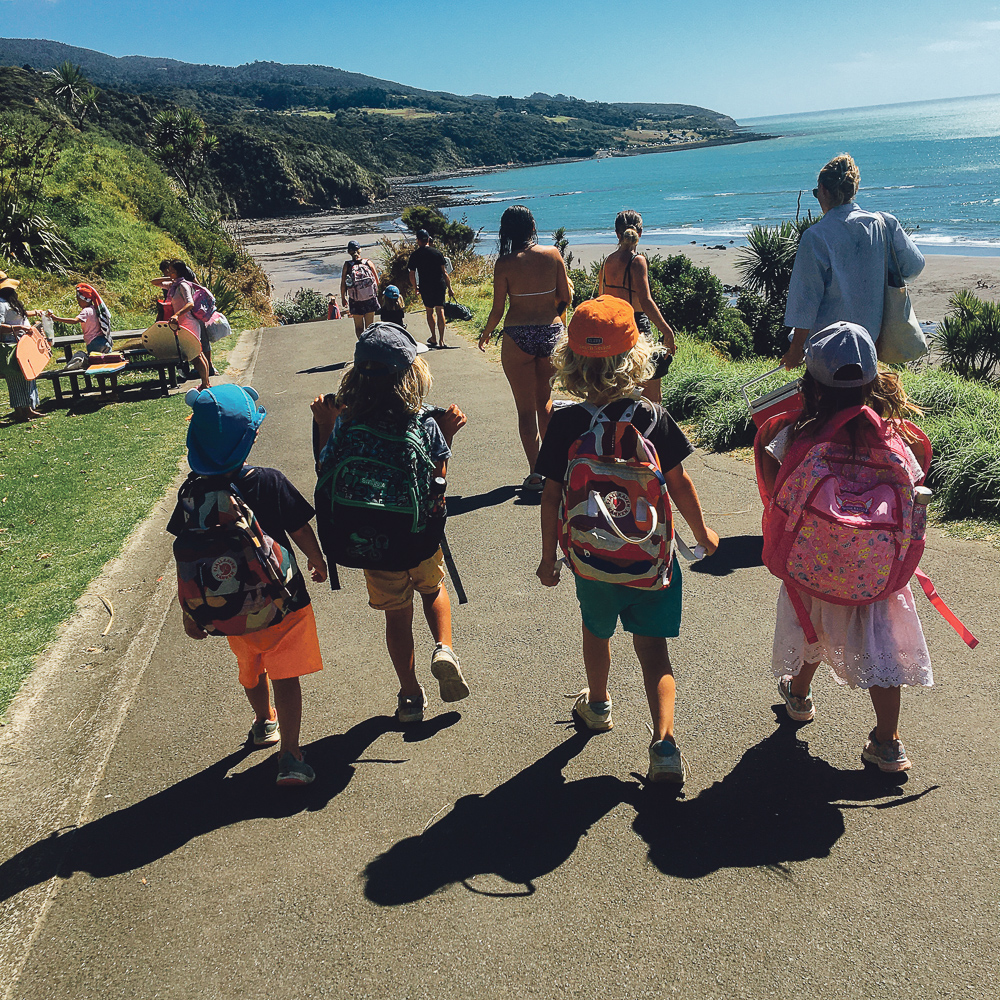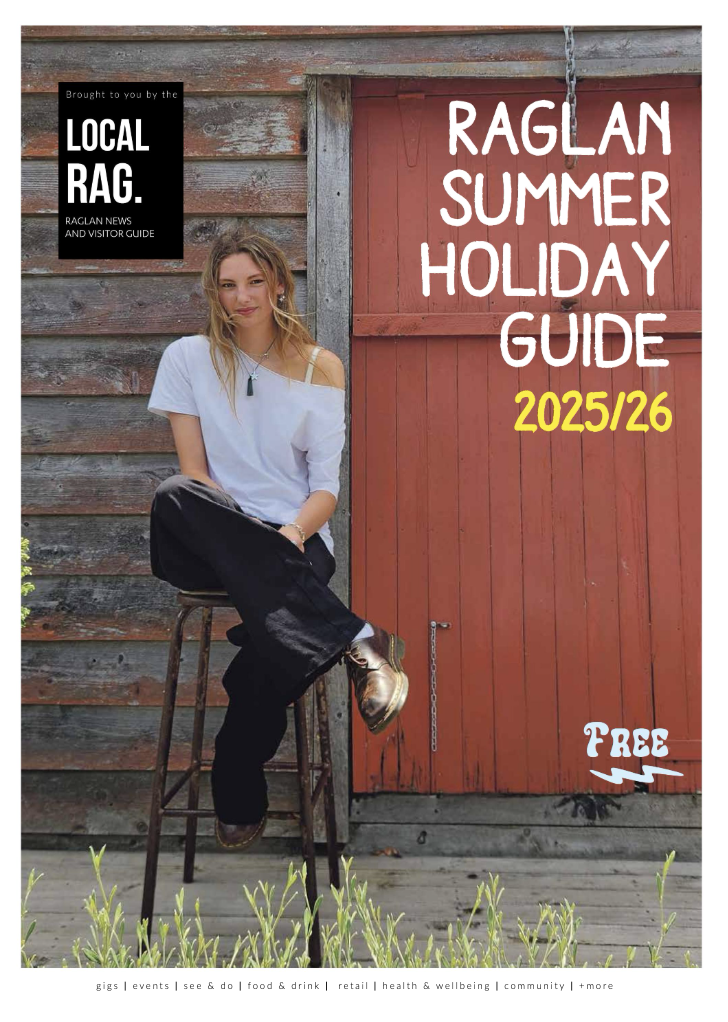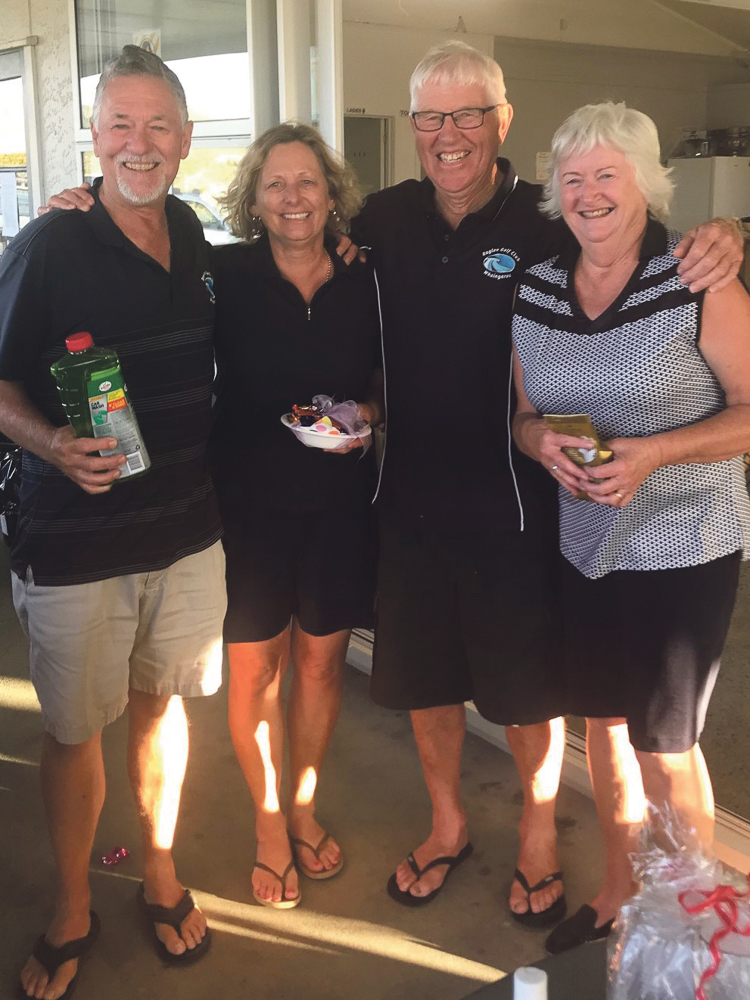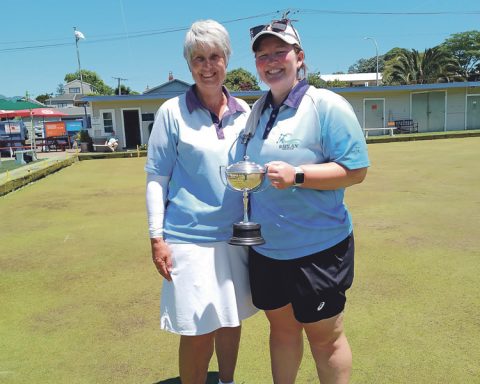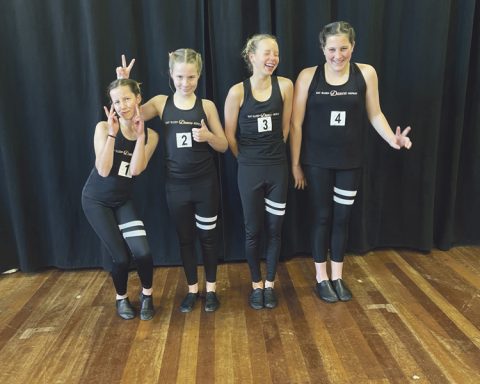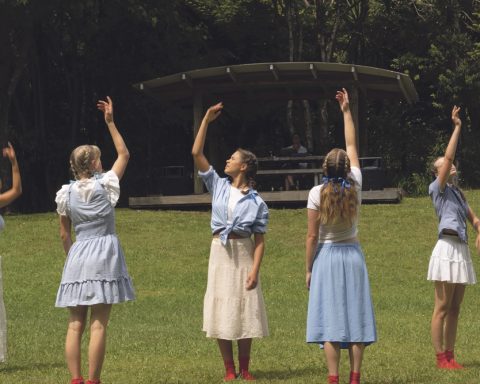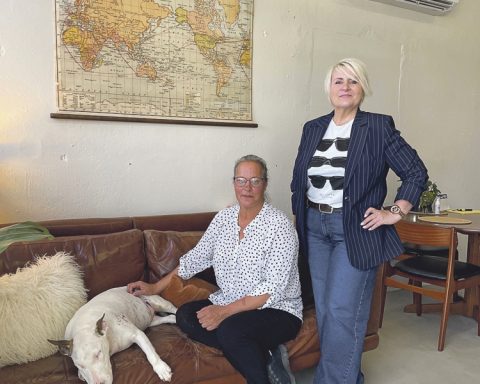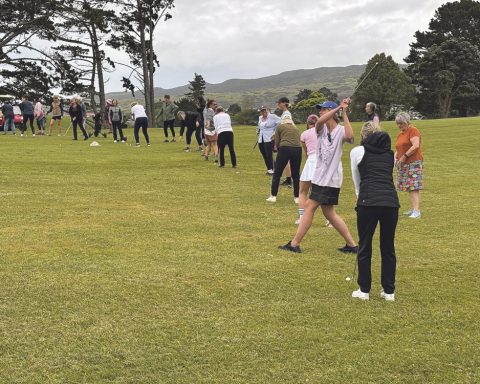Testosterone cuts across our human experience in many ways, as women and men, mothers and fathers, brothers, and sisters. It is often said that boys are testosterone fuelled, but are they?
Over the years of my teaching career beliefs were debunked such as the commonly held concept that girls acquire language faster than boys; research says this is nonsense. Nevertheless, through the power of observation I would say there are individual differences; gender shouldn’t be ignored, however the behavioural scale is wide and diverse. In service to children, I have been pondering testosterone for a while, what is happening here?
Statements about perceived hormones can both help and hinder child development; social science can inform how we relate to our children. Raglan boasts an impressive To-Do list for families, especially for those seeking challenge: Skatepark, surf, Maunga, bush, caves, farmland, extensive harbour waterways. Recreation can also be found in dance classes, circus skills, martial arts, and gym/studio spaces across town.
As I wander the streets and observe childhood behaviour I think about testosterone: How about the girl that crushed the bowl? And the lady who got to the top of the net before any of the boys? And what about that fella who is sitting under the tree reading his book?
Research shows that boys DO have more testosterone than girls, but they don’t receive this in ‘bursts’ throughout their childhood. Instead, testosterone production is an ante-natal process. In utero boys develop testosterone, and the next time this takes place is way down the track in puberty. There is no other ‘boost’, ‘hit’ or ‘burst’.
Instead, we can look at child development with finer detail; varied activity can help express unique gifts and I propose every family ditch the gender narrative and instead seek out something new. Take paints to the beach, collect charcoal and draw with that, have a surf lesson, learn how to weave with natural materials, catch a fish (or at least try!)
Research shows that prenatal testosterone doesn’t affect brain and behaviour in humans the way it does in animals and birds, so we need to park the hormone claims for a while and let science explore this further. In the meantime, as we support youth to live autonomous lives free from the shackles of gender roles, we can find ways to support every young person. Active listening and trying new things can support this. Go and do something new today, you never know until you try.
By Katie Lowes
